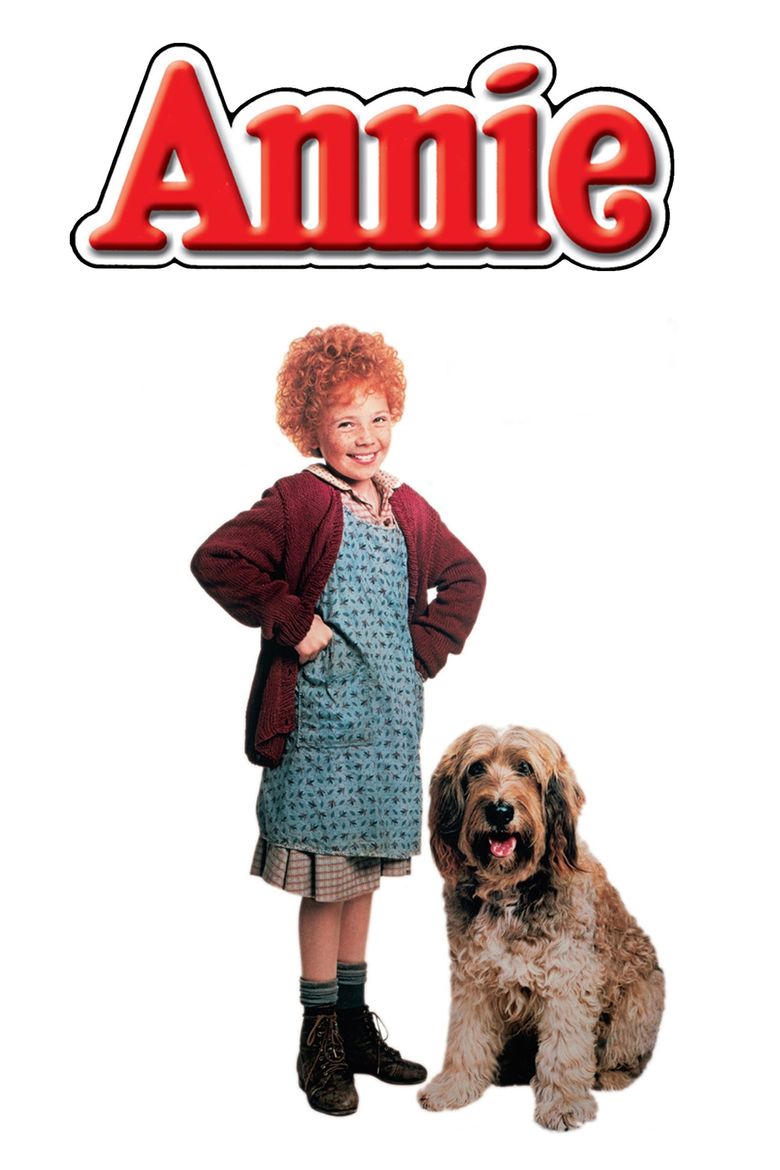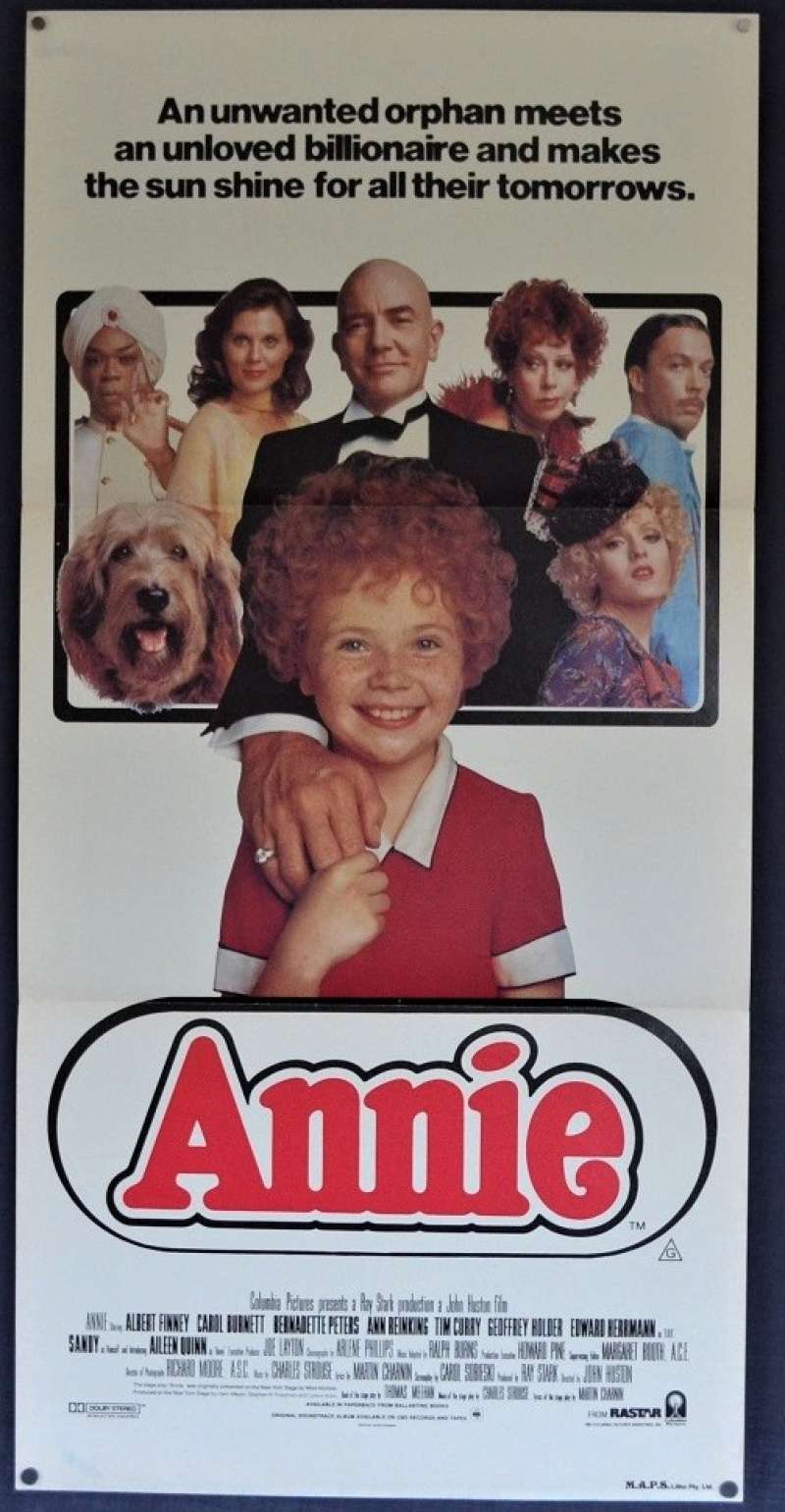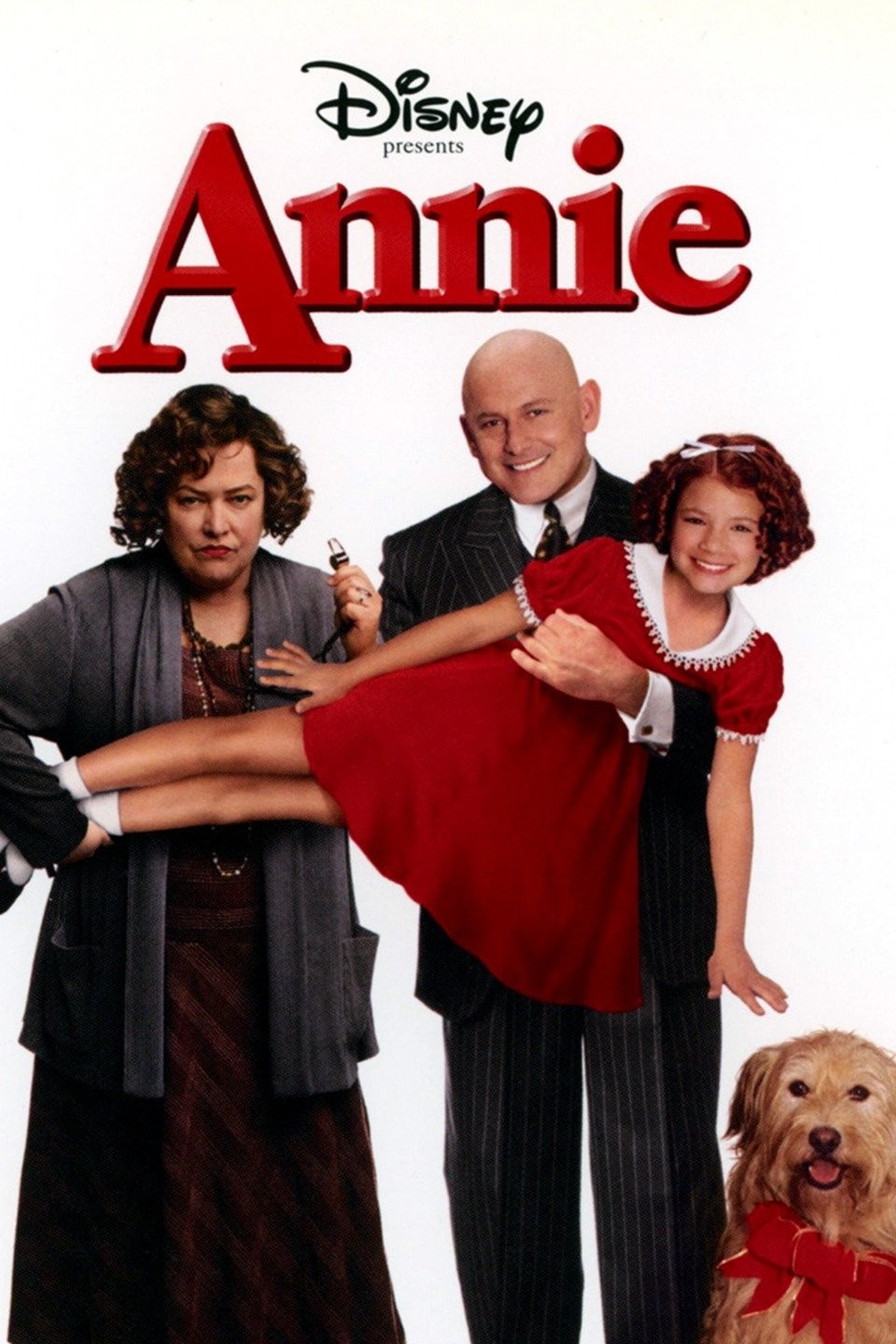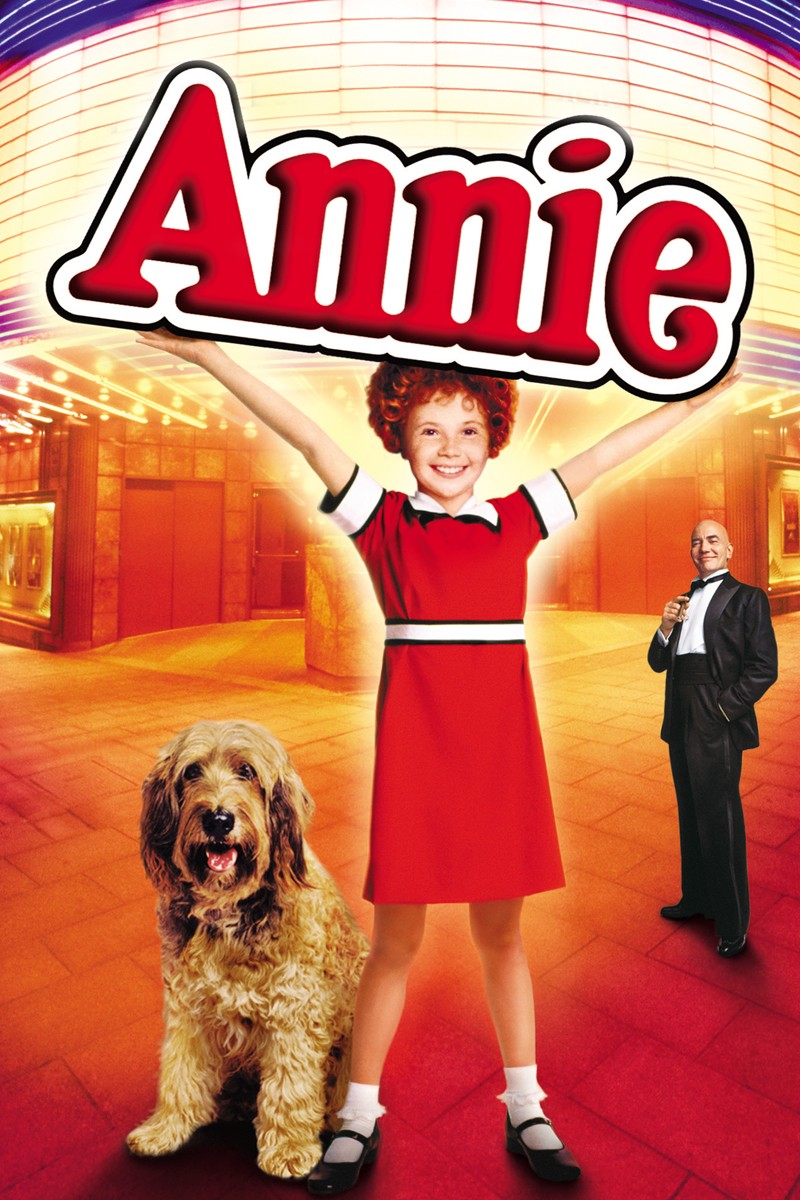Can a film adaptation truly capture the magic of a beloved Broadway musical? The 1982 film adaptation of Annie, while a visual feast, treads a precarious line between faithful recreation and creative reinvention, ultimately leaving audiences to ponder whether it achieves the same emotional resonance as its stage counterpart.
The 1982 film Annie is a vibrant, albeit slightly uneven, cinematic interpretation of the enduring Broadway musical. Directed by John Huston and penned by Carol Sobieski, the film transports viewers back to the heart of the Great Depression, a time of widespread hardship and economic uncertainty. The story, rooted in the Little Orphan Annie comic strip by Harold Gray, centers around a plucky, red-haired orphan named Annie, a girl brimming with unwavering optimism despite the grim realities of her existence.
Annie's world is initially confined to the bleak confines of a New York City orphanage, presided over by the boorish and gin-loving Miss Hannigan. It is a place defined by hard knocks and a desperate yearning for a better life. However, fate intervenes when Annie is chosen to spend a week at the luxurious mansion of Oliver Warbucks, a wealthy, yet emotionally stunted, industrialist seeking to improve his public image. This week-long respite offers Annie a glimpse into a world of opulence and privilege, a stark contrast to the squalor of the orphanage.
The film boasts an ensemble cast, each actor bringing their unique talents to the roles. Albert Finney embodies the initially stern, but ultimately warm-hearted, Oliver Warbucks. Carol Burnett delivers a memorable performance as the deliciously wicked Miss Hannigan. Bernadette Peters shines as the glamorous, yet morally flexible, Lily St. Regis. Ann Reinking as Warbucks' secretary Grace Farrell, and Tim Curry as Rooster Hannigan, completes the outstanding cast, each contributes to the rich tapestry of characters that make up the world of Annie.
As Annie acclimates to her new surroundings at Warbucks' mansion, her indomitable spirit begins to chip away at his hardened exterior. Warbucks, touched by Annie's infectious enthusiasm and unwavering belief in the power of family, finds himself transformed. However, Annie's heart still yearns for her true family, the parents who left her at the orphanage with a promise to return. Driven by her longing, Warbucks, with the help of his staff, launches a city-wide search for Annie's parents, offering a substantial reward for their safe return.
The film’s adaptation retains many of the musical's iconic songs, composed by Charles Strouse with lyrics by Martin Charnin. The production numbers, filled with elaborate choreography and eye-catching visuals, are a highlight. The film, while not a flawless adaptation, offers a compelling cinematic experience for audiences of all ages. The film faced challenges in the translation from stage to screen, a testament to the unique demands of each medium. Some of the nuances of the stage production are necessarily altered to fit the film format. These choices, while understandable, do affect the overall impact. It is in its moments of pure spectacle that the film truly excels, offering a visually stunning experience.
The plot revolves around themes of hope, resilience, and the enduring power of family. It portrays the harsh realities of the Great Depression with sensitivity. The film's themes are timeless, resonating with audiences today as they did in 1982. It serves as a reminder that even in the darkest of times, the human spirit can endure and that the bonds of love and family can triumph over adversity.
The film’s legacy extends beyond its initial release. Annie has become a beloved classic, enjoyed by generations. Its enduring popularity speaks to its ability to capture the essence of the original story and its ability to resonate with a wide audience.
The film's setting is meticulously crafted, creating a vivid sense of time and place. The production design transports viewers to the bustling streets of New York City and the opulent interiors of Warbucks' mansion. The costumes, too, are essential in creating a rich cinematic experience. The visual elements are well done, capturing the essence of the era.
However, the film, like all adaptations, is subject to comparison with the original source material. The film, while successful, does not fully capture the power of its stage counterpart. However, Huston’s direction brings his own vision to the story. The script, adapted for the screen, streamlines certain elements of the stage show. This results in a slightly different experience for those familiar with the Broadway musical.
The musical numbers, a cornerstone of the stage production, are transformed for the screen. The choreography is elaborate, and the musical arrangements are well executed. Each musical piece is designed to enhance the story, moving the plot and advancing the characters. These musical numbers offer a blend of spectacle and emotion that captivates the viewer.
The acting performances are a key element of the film's success. The cast, led by Albert Finney, delivers strong performances that bring the characters to life. Each cast member creates a character the audience can relate to, making them want to follow along with the story. The interplay of different actors and characters adds complexity to the plot.
The film does not merely present a narrative; it also serves as a reflection on the times. By setting its story in the Great Depression, it confronts the viewer with the reality of social challenges of the time. It portrays poverty, despair, and the struggles faced by those on the margins of society. It is important to remember the social context in order to fully understand the film's message.
The story's structure follows Annie's journey. Annie's story is about more than just finding her parents. She teaches others about the power of family and love. Her resilience encourages those around her to re-evaluate their priorities. The narrative unfolds in stages, building towards a powerful conclusion.
The film continues to be a subject of discussion. It's viewed both as a standalone piece of entertainment and as an adaptation of a beloved musical. Each perspective shapes the audience's understanding of the work. Comparing the film with the original musical allows for deeper appreciation of the artistic choices. The legacy of Annie in its various forms, has left a mark on popular culture.
The core themes of Annie are universally relatable, making it a timeless story. The movie is a celebration of the human spirit, the importance of hope, and the enduring power of love. The film is a source of inspiration and a reminder that even in the darkest of times, there is always a reason to be hopeful.
The musical numbers are not just entertaining; they also develop the characters. Each song gives the characters the ability to express their emotions and advance the story. From the opening strains of Maybe to the triumphant finale of Tomorrow, the songs enhance the emotional impact of the narrative.
The casting choices significantly influenced the film's success. The actors’ ability to portray their roles contributed greatly to the character’s emotional resonance. Their performances ensured that the film resonated with audiences of all ages. The cast’s talent added to the overall experience.
The film’s production design plays a critical role in setting the mood and atmosphere. The visual elements help create a memorable viewing experience. The set and costumes are designed to transport viewers to the era. The film’s production design is essential to its charm.
“Annie” continues to be remembered and celebrated. Its themes of hope and resilience resonate with audiences everywhere. It is a film that inspires multiple generations, and is likely to remain relevant for years to come.
The film's success lies in its adaptation of a beloved musical. The film’s appeal extends to both those familiar with the stage version and those new to the story. The filmmakers adapted a well-loved musical, creating a film that continues to delight audiences.
The film's story has an emotional core that draws viewers in. From the beginning, the audience is drawn into Annie's world. The emotional depth of the film's story ensures the audience’s long-term engagement.
The film's relevance today is a testament to its enduring themes. The film provides viewers with a reason to look for optimism, even in difficult circumstances. The film’s themes remain relevant today.
The film’s impact on popular culture has been significant. “Annie” is one of the most well-known musicals. Its influence can be seen in many different forms of media, solidifying its place in the culture.
The film’s future remains promising as it continues to be watched and celebrated. Annie will continue to be re-discovered by new generations of audiences. This film’s future ensures that it will be appreciated for decades to come.
In the 1982 adaptation of Annie, the ensemble cast delivers outstanding performances. The actors are the main factor to the film's timeless appeal. The film’s cast includes some of the best actors of the time.
The film’s adaptation from stage to screen brought unique challenges, but the film has several unforgettable moments. The most memorable scenes from the stage version were brought to the screen. This gives the audience moments they will not forget.
The film’s production values, including its set design and costumes, played an important role in enhancing the story. The visuals enhance the viewing experience. The production team paid close attention to detail.
In the end, Annie (1982) is an example of a musical brought to the screen. The story’s essence is intact, making it an enjoyable film.
The film's lasting appeal is a testament to its universal themes. The film’s story has resonated with audiences for decades, establishing its lasting legacy.
The film’s music, composed by Charles Strouse, is a key component. The music captures the film’s emotional depth. The score brings the story to life.
The film’s enduring legacy ensures that it will continue to delight audiences for generations to come.
| Personal Information | Details |
|---|---|
| Full Name | Albert Finney |
| Born | May 9, 1936 |
| Died | February 7, 2019 |
| Place of Birth | Salford, Lancashire, England |
| Nationality | British |
| Spouse(s) | Jane Wenham (m. 1957–1961), Anouk Aimée (m. 1978–1985) |
| Children | One son, Simon Finney |
| Occupation | Actor, Director, Producer |
| Years Active | 1950s–2010s |
| Notable Roles | Oliver Daddy Warbucks in Annie (1982), Tom Jones (1963), Erin Brockovich (2000), Skyfall (2012) |
| Awards | BAFTA Award, Golden Globe Award, Emmy Award |
| Known For | Versatile performances in both stage and screen. |
Reference: IMDB



